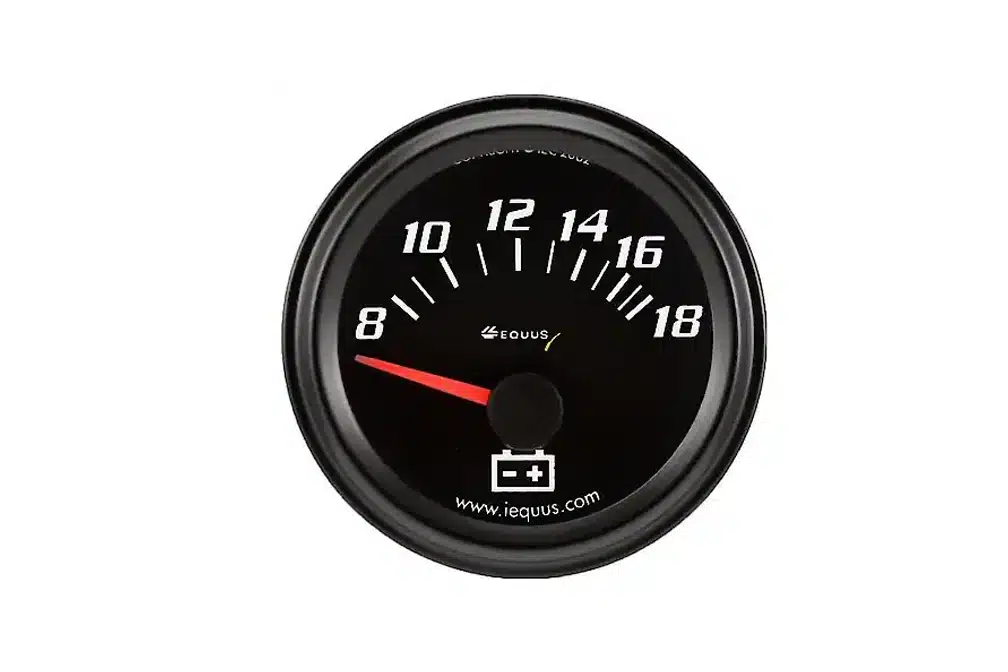Maintenance is Essential for Safe and Efficient Driving Proper maintenance of vehicles and equipment can help prevent breakdowns, reduce the risk of accidents, and increase the lifespan
More
May 19, 2024 6:38 pm

The electrical system of OTR (Over-The-Road) trucks plays a vital role in ensuring the proper functioning of various components and systems within the vehicle. It comprises a complex network of electrical circuits, wiring, connectors, and devices that power and control various systems, including the engine, lighting, communication, safety features, and auxiliary equipment. Proper maintenance of the electrical system is crucial for the following reasons:
Power Distribution: The electrical system acts as the main power distribution network within the truck. It receives power from the battery or alternator and distributes it to different components, such as the starter motor, fuel injectors, ignition system, and electronic control modules. Regular maintenance ensures that the electrical connections and wiring are secure and free from corrosion, preventing power loss or electrical shorts.
Starting and Charging: The electrical system is responsible for starting the engine by providing power to the starter motor. It also ensures the charging of the vehicle’s battery while the engine is running. A well-maintained system ensures reliable starting performance and optimal charging, preventing issues like a dead battery or a failed starting system.
Lighting and Signaling: The electrical system controls the lighting and signaling systems of the OTR truck. This includes headlights, taillights, turn signals, brake lights, and interior lights. Proper maintenance ensures that all lights are functioning correctly, providing visibility and safety on the road.
Communication and Telematics: Modern OTR trucks are equipped with advanced communication and telematics systems. These systems rely on the electrical system to power GPS, satellite communication, telematics devices, radio, and other communication equipment. Regular maintenance ensures uninterrupted communication, which is crucial for fleet management, logistics, and driver safety.
Safety Systems: OTR trucks are equipped with various safety systems that rely on the electrical system. These include ABS (Anti-lock Braking System), traction control, stability control, collision warning systems, and airbag deployment. Proper maintenance ensures that these safety features are in working order, reducing the risk of accidents and improving driver and occupant safety.
Auxiliary Equipment: OTR trucks often have auxiliary equipment like refrigeration units, hydraulic systems, lift gates and other accessories. These auxiliary systems rely on the electrical system to operate. Regular maintenance ensures the proper functioning of these systems, preventing downtime and optimizing efficiency.
To maintain the electrical system of an OTR truck effectively, regular inspections, cleaning, and testing are necessary. Here are some key maintenance practices:
Regular Inspections: Inspect the electrical components, wiring, and connectors for signs of wear, damage, or corrosion. Ensure all connections are tight and secure.
Cleanliness: Keep the electrical system clean by removing dirt, debris, and grime that can interfere with electrical connections. Avoid water or chemical exposure that could cause corrosion.
Battery Maintenance: Check the battery regularly for proper voltage, clean the terminals, and ensure a good connection. Replace old or weak batteries to prevent starting issues.
Wiring Integrity: Inspect the wiring harnesses for any signs of damage, chafing, or exposed wires. Repair or replace damaged wiring promptly.
Component Testing: Test the functionality of various electrical components, such as fuses, relays, switches, and sensors, to ensure they are working correctly. Replace faulty components as needed.
Software Updates: Stay up to date with software updates for electronic control modules and other relevant systems to ensure optimal performance and compatibility.
Professional Assistance: For complex electrical issues or advanced systems, consult with a qualified technician or electrician with experience in OTR truck maintenance.
By following these maintenance practices, you can ensure the reliability, safety, and efficiency of the electrical system in OTR trucks.
Maintenance is Essential for Safe and Efficient Driving Proper maintenance of vehicles and equipment can help prevent breakdowns, reduce the risk of accidents, and increase the lifespan
MoreAs a truck driver, you possess a wealth of knowledge and firsthand experiences that are valuable not only within your industry but also to the general public.
MorePrepare Your Rig for Winter: 8 Essential Tips for Truck Drivers. Stay safe on the road and minimize downtime with these winterization strategies.
MoreWith a passion for craftsmanship and a commitment to excellence, Fleenor Bros. has firmly established itself as a prominent player
MoreEvery year, the arrival of the holiday season in the United States is marked by the grand tradition of selecting
MorePro’s and Con’s of Collision Mitigation Systems in Trucking Collision Mitigation Systems: Advantages and Disadvantages in Trucking Collision Mitigation Systems
MoreIn the world of heavy-duty Class 8 long-haul tractor-trailer trucks, Volvo's SuperTruck 2 stands as a testament to innovation and
MoreThe FMCSA is reviewing a recent ELD exemption request filed by Arbert Ibraimi, a one-truck owner-operator, stating the financial and
More